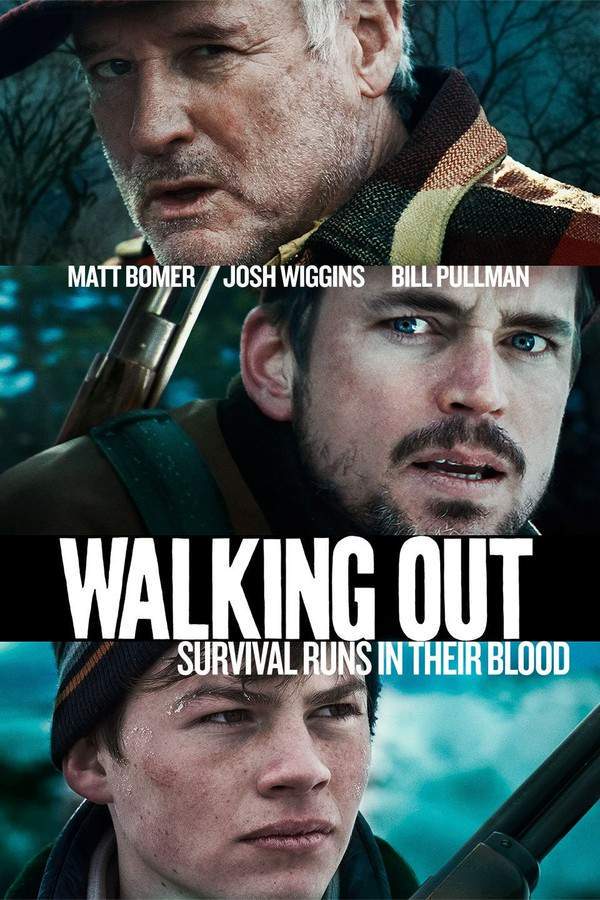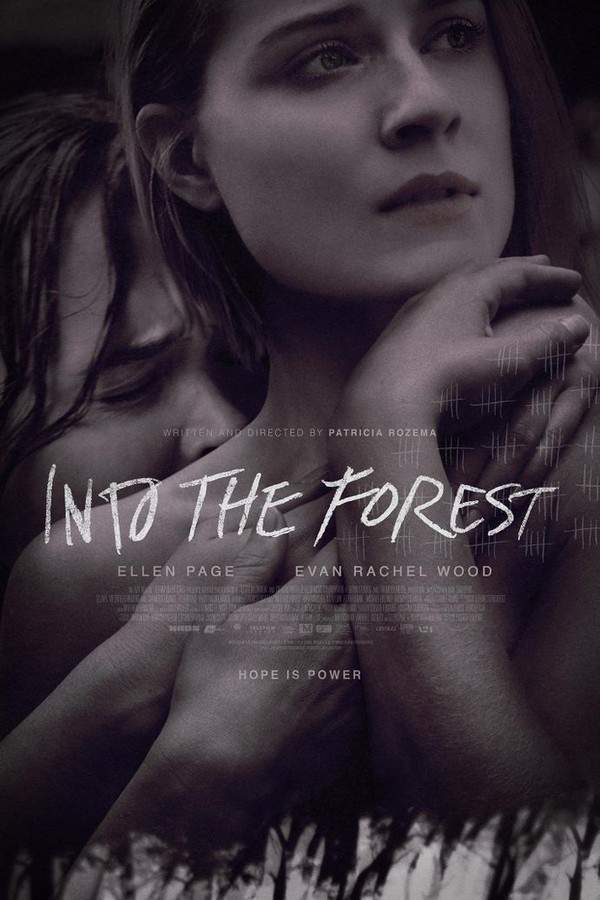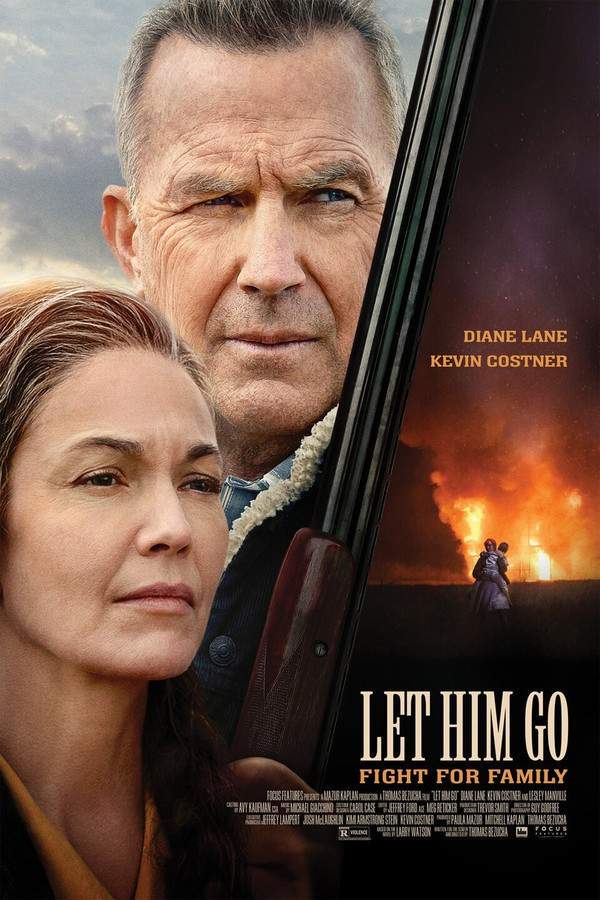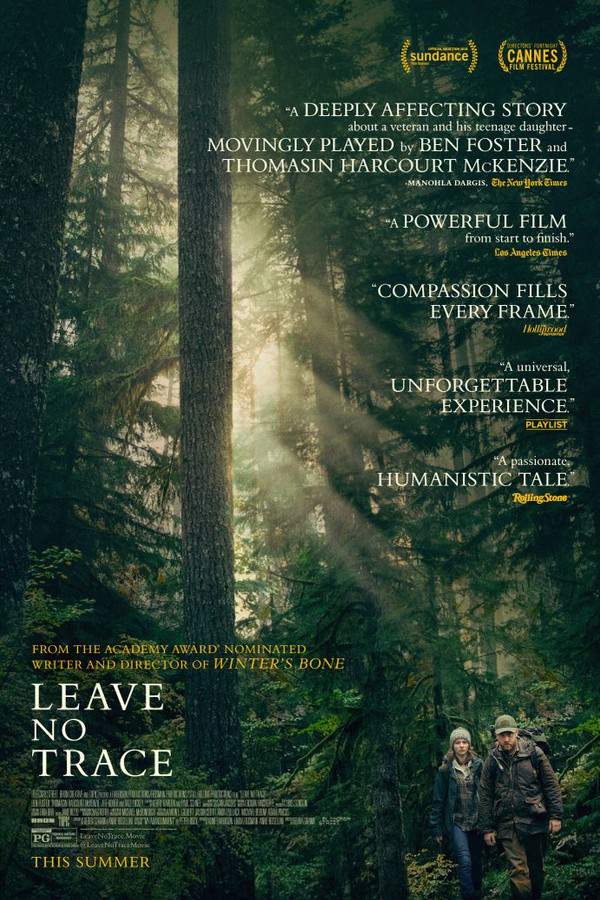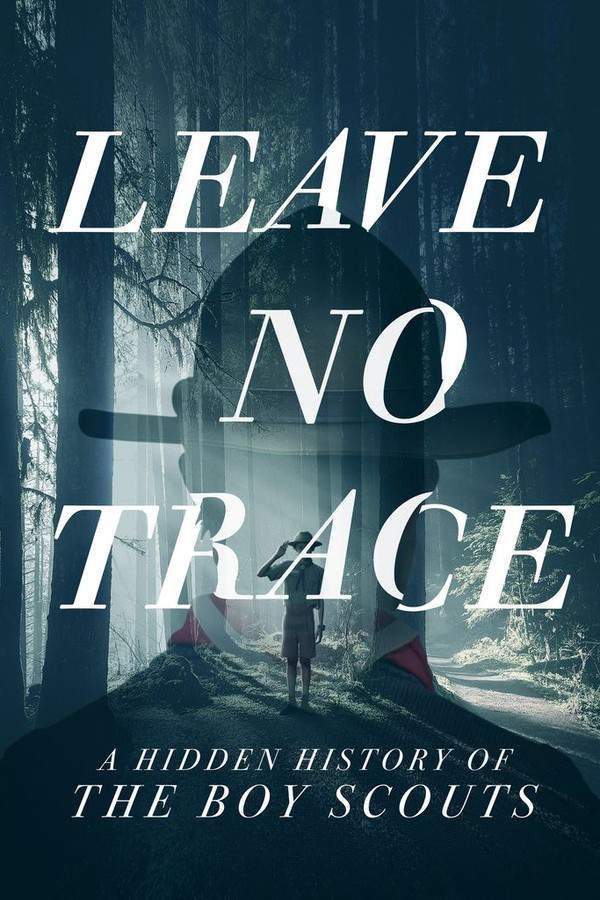
Leave No Trace 2018
Directed by

Debra Granik
Made by

Bleecker Street
Test your knowledge of Leave No Trace with our quiz!
Leave No Trace Plot Summary
Read the complete plot summary and ending explained for Leave No Trace (2018). From turning points to emotional moments, uncover what really happened and why it matters.
Will, portrayed by Ben Foster, is an Iraq War veteran grappling with the heavy weight of PTSD as he strives to provide a semblance of stability for his 13-year-old daughter, Tom. They live in a secluded public park in Portland, Oregon, leading an incredibly minimalist existence filled with self-sufficiency and minimal human interaction. Together, they adapt to the challenging environment, honing skills that allow them to thrive in the wilderness, as Will teaches Tom survival techniques and drills for evading detection.
Their solitary lifestyle takes a drastic turn when a jogger inadvertently spots Tom, leading to their arrest by officers who, despite their efforts to hide, find them with the help of sniffer dogs. This unfortunate incident results in them being placed in the care of social services, where they are assessed. Surprisingly, Tom exhibits educational advancement despite her unconventional upbringing, raising concerns among the officials who fail to recognize their tent in the woods as a legitimate home.
The case worker, Jean Bauer, played by Dana Millican, takes a special interest in Tom’s well-being and insists that Will must secure proper shelter for his daughter, further examining the dynamics of their relationship. Longing to return to their former life, Will is apprehensive about conforming to societal norms. They are temporarily relocated to a Christmas tree farm owned by Mr. Walters, where Will reluctantly begins work, and Tom is enrolled in school, gradually embracing new friendships and experiences.
However, the pressure of conformity weighs heavily on Will, who expresses his desire to return to the woods, a stance that pits him against Tom’s budding independence and connection to her peers. His abrupt decision to leave their temporary home comes as a shock to Tom, who is beginning to enjoy their defined routine and societal engagement. Back at the park, they discover their camp in ruins, leading to growing tensions between them as Tom feels her father did not fight hard enough for their new beginning.
In their quest for belonging, they find themselves meandering through various transport methods, from railroad boxcars to buses, and eventually hitching a ride to a more remote forest in Washington State. Battling the elements, including cold and unexpected hardships, they manage to find a vacant cabin for shelter but face a new crisis when Will injures himself in a ravine during a food hunt.
In a moment of resilience, Tom, unwilling to let her father be taken away for treatment, seeks help from local quad bikers. They transport Will to a mobile home community, where he receives care from a former Army medic who understands his plight with PTSD. While in recovery, Will decides it’s best for them to leave, disregarding Tom’s newfound contentment and stability in the community. Their heart-wrenching farewell encapsulates the struggle between a father’s instinct to protect and a daughter’s desire for independence. “The same thing that’s wrong with you isn’t wrong with me,” she expresses, challenging Will’s perspective as they tearfully part ways, uncertain of their futures yet connected by an unbreakable bond. In a gesture of love, Tom leaves a food package in the forest, signifying hope for Will’s survival.
Leave No Trace Timeline
Follow the complete movie timeline of Leave No Trace (2018) with every major event in chronological order. Great for understanding complex plots and story progression.
Life in the Park
Will and his daughter Tom live in a public park in Portland, Oregon, crafting a minimalist existence reliant on self-sufficiency. They avoid human contact while honing survival skills that help them thrive in the wilderness.
Spotting in the Woods
Their secluded lifestyle changes dramatically when a jogger unexpectedly spots Tom in the park. This event leads to their arrest by the police, who utilize sniffer dogs to locate them, overturning their effort to remain hidden.
Assessment by Social Services
Following their arrest, Will and Tom are placed in the care of social services for assessment. Officials express concern as they note Tom's educational progress, which raises questions about her unconventional upbringing and lifestyle.
Jean Bauer's Intervention
Their case worker, Jean Bauer, becomes particularly invested in Tom's well-being. She insists that Will must find proper shelter to ensure Tom’s safety, forcing them to confront the realities of societal expectations.
Relocation to a Christmas Tree Farm
The duo is temporarily moved to a Christmas tree farm owned by Mr. Walters, where Will reluctantly begins working. Tom is enrolled in school, where she slowly starts forming friendships and soaks in new experiences.
Will's Fear of Conformity
As Tom adjusts to her new life, Will grows increasingly anxious about the pressures of conformity. His instinct to return to their previous way of living conflicts with Tom's desire for normalcy and connection with her peers.
Shock Departure
Will's decision to leave the Christmas tree farm comes as a surprise to Tom, who has begun to appreciate their structure and social engagement. This sudden choice strains their relationship as Tom feels abandoned.
Return to the Park
Upon returning to the park, Will and Tom find their camp destroyed. This revelation leads to heightened tension between them, as Tom accuses her father of not fighting for their new beginning.
Journey for Belonging
The two embark on a journey to search for belonging, utilizing various modes of transport like railroad boxcars and buses. They eventually hitch a ride to a more isolated forest area in Washington State.
Finding Shelter
Amidst their struggle against harsh elements, they discover a vacant cabin that offers temporary shelter. However, Will sustains an injury while foraging for food, complicating their situation further.
Tom Seeks Help
Determined not to let her father be taken away for medical treatment, Tom reaches out for help from local quad bikers. They transport Will to a mobile home community where he can receive care from a former Army medic.
Struggle with Recovery
While receiving treatment, Will decides it’s best for them to leave, despite Tom's newfound happiness in the community. This decision highlights the ongoing struggle between Will's protective instincts and Tom's need for independence.
Heart-wrenching Farewell
In an emotional farewell, Tom challenges her father's viewpoint, asserting their different struggles. As they part ways, their bond remains evident, yet both are left uncertain about their futures.
A Gesture of Hope
After their separation, Tom leaves a food package in the forest, symbolizing her hopes for her father's survival. This act of love signifies their enduring connection despite the physical distance between them.
Leave No Trace Characters
Explore all characters from Leave No Trace (2018). Get detailed profiles with their roles, arcs, and key relationships explained.
Will
Will is a complex character shaped by his experiences as an Iraq War veteran. He is deeply affected by PTSD, which influences his protective nature towards his daughter, Tom. His struggle with conformity to societal norms becomes a pivotal aspect of the story as he tries to balance his instincts with his daughter's growing independence.
Tom
Tom is a resilient and resourceful 13-year-old who has adapted to a life of isolation with her father. Despite her unconventional upbringing, she exhibits remarkable intelligence and emotional depth. As the story progresses, she begins to explore her own identity outside of her father's shadow, seeking connections and stability that challenge their previous way of life.
Jean Bauer
Jean Bauer is a compassionate case worker who becomes invested in Tom's well-being. She represents the societal structures that challenge Will's and Tom's way of life. Jean's insights and interventions are pivotal in highlighting the importance of a stable environment for Tom’s development, showcasing her empathy towards their situation.
Leave No Trace Settings
Learn where and when Leave No Trace (2018) takes place. Explore the film’s settings, era, and how they shape the narrative.
Location
Portland, Oregon, Washington State
The movie primarily takes place in the lush, natural landscapes of Portland, Oregon, where Will and Tom live in a secluded public park. Known for its stunning green spaces and outdoor activities, Portland provides a stark contrast to the duo's minimalist lifestyle, which emphasizes self-sufficiency and isolation. Their journey also takes them to the more remote forests of Washington State, where they seek refuge and face the harsh realities of wilderness living.
Leave No Trace Themes
Discover the main themes in Leave No Trace (2018). Analyze the deeper meanings, emotional layers, and social commentary behind the film.
🌿
Survival
Survival is a central theme in 'Leave No Trace,' as Will and Tom navigate the challenges of living off the grid in the wilderness. The film explores their deep connection to nature and the skills they develop to sustain their minimalist lifestyle. Their struggle against societal norms highlights the resilience required to maintain their way of life while facing numerous obstacles.
👨👧
Father-Daughter Bond
The relationship between Will and Tom serves as a poignant exploration of the father-daughter bond. Their deep emotional connection is tested as Tom yearns for independence while Will grapples with his protective instincts. Their interactions reflect the complexities of their love, highlighting the balance between protection and freedom, particularly when faced with the harsh realities of life.
🏕️
Isolation vs. Community
The tension between isolation and the desire for community is a key theme in the film. Will's preference for solitude clashes with Tom's gradual acceptance of social connections after being placed in a temporary home. This theme underscores the struggle to find belonging while navigating the boundaries of one's own comfort zone and societal expectations.

Coming soon on iOS and Android
The Plot Explained Mobile App
From blockbusters to hidden gems — dive into movie stories anytime, anywhere. Save your favorites, discover plots faster, and never miss a twist again.
Sign up to be the first to know when we launch. Your email stays private — always.
Leave No Trace Spoiler-Free Summary
Discover the spoiler-free summary of Leave No Trace (2018). Get a concise overview without any spoilers.
In the mist‑shrouded forests that fringe Portland, Oregon, a quiet world persists beyond the reach of bustling streets and digital noise. Here, a veteran scarred by war seeks solace in the simplicity of the wild, crafting a life of self‑reliance that feels both timeless and fragile. The film opens by drawing us into this secluded existence, where survival is measured by the rhythm of the river, the rustle of leaves, and the unspoken pact between a father and his child.
Will, a former soldier wrestling with the lingering shadows of combat, has built a shelter of canvas and pine for himself and his thirteen‑year‑old daughter, Tom. Their bond is forged through daily rituals of foraging, fire‑making, and quiet conversation, a partnership that balances protection with the quiet encouragement of independence. The forest becomes a character in its own right, its tranquil beauty holding a tension that hints at the precariousness of a life lived on the edge of society’s expectations.
When the pair’s isolation is unexpectedly breached, the world of social services and bureaucratic concern intrudes, embodied by a compassionate case worker named Jean Bauer. Her presence introduces a delicate clash of values: the urge to safeguard a child’s future against the father’s fierce desire to preserve the freedom they have carved out together. The tension is less about overt conflict and more about the subtle negotiation of trust, autonomy, and the lingering echo of trauma.
The tone is meditative yet edged with unease, a slow‑burning contemplation of what it means to belong and what it costs to let go. The film invites viewers to linger in the quiet moments, feeling the wind through the trees and the weight of unspoken words, while quietly questioning where the line between refuge and exile truly lies.
Can’t find your movie? Request a summary here.
Movies with Similar Twists and Themes
Uncover films that echo the narrative beats, emotional arcs, or dramatic twists of the one you're exploring. These recommendations are handpicked based on story depth, thematic resonance, and spoiler-worthy moments — perfect for fans who crave more of the same intrigue.
Featured on this page

What's After the Movie?
Not sure whether to stay after the credits? Find out!
Explore Our Movie Platform
New Movie Releases (2026)
Famous Movie Actors
Top Film Production Studios
Movie Plot Summaries & Endings
Major Movie Awards & Winners
Best Concert Films & Music Documentaries
Movie Collections and Curated Lists
© 2026 What's After the Movie. All rights reserved.


